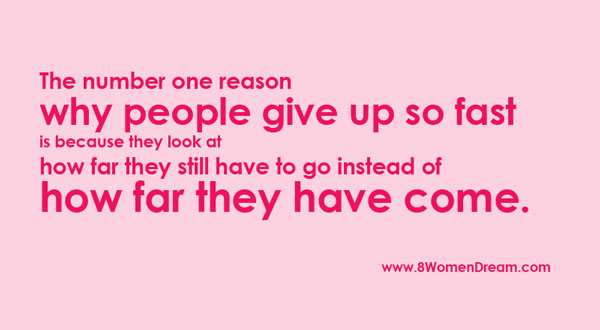Last updated on August 5th, 2014 at 07:52 am
Most of us want to look at a number while we work on our dream fitness and watch it shrink. For most, it’s the number on the scale. Anyone who has done a Google search for weight loss lately has probably run across this evil tool of measurement.
BMI would be wonderful fitness advice tool if there was actual data provided by the calculation.
BMI, or Body Mass Index is a chart that become popular of late to determine health. The definition of BMI from the Merriam-Webster online dictionary does not help the situation.
body mass index
: a measurement that shows the amount of fat in your body and that is based on your weight and height
a measure of body fat that is the ratio of the weight of the body in kilograms to the square of its height in metersSource: Merriam-Webster Dictionary
Wrong. Body fat? Really?
Simply putting in my height and weight will never help me determine my body composition. The only test that can test that will calculate your body fat percentage is a body fat test.
If I sound a bit opinionated on this topic, it is because of the conversations I have with women about their body image and health goals. The numbers we see when we are just starting out with our weight loss journey have an impact on what we actually achieve.
BMI is one of those calculations I really wish would just go away.
Reading the definition above truly drives me crazy. It contributes to the misunderstanding of exactly what a BMI calculation is meant to convey.
A numeric value to a persons thickness or thinness. That’s it.
‘BMI’ provides a simple numeric measure of a person’s thickness or thinness, allowing health professionals to discuss overweight and underweight problems more objectively with their patients. However, BMI has become controversial because many people, including physicians, have come to rely on its apparent numerical authority for medical diagnosis, but that was never the BMI’s purpose; it is meant to be used as a simple means of classifying sedentary (physically inactive) individuals, or rather, populations, with an average body composition.[8]For these individuals, the current value settings are as follows: a BMI of 18.5 to 25 may indicate optimal weight, a BMI lower than 18.5 suggests the person is underweight, a number above 25 may indicate the person is overweight, a number above 30 suggests the person is obese.
Have you ever calculated your BMI? If you are simply curious on what I’m ranting about, you can use one of the more comprehensive calculators I’ve found at WebMD. In the very least, this health calculator offers more in depth information than only the BMI number.
My issue with BMI is it’s basic meaning. If it stood for “Basic Metabolism Index” I could consider it a more useful tool. Unfortunately “Body Mass Index” is just too broad of a measure.
Who wants to know their mass?
That’s like knowing what the mass is for your car. Who cares? It doesn’t help you understand the size of the engine, how many miles it has on it, how fast it can go, or how big a Costco trip it can handle.
The same goes for you and me.
As a reference, before I started this health and fitness dream my BMI was 35.2. That is well into the obese range of the BMI scale. At the time, I had no argument with this finding. Perhaps my mindset was already there, but I already knew there was an opportunity to gain fitness and lose weight. That only tells a small part of the story.
This chart will not take into account the elderly with potential bone mass loss. Athletes with a muscular build typically calculate as a high BMI regardless of lower body fat percentages.
At the moment my BMI is 23 – smack in the middle of the BMI chart noting “Healthy Weight”. Out of curiosity I took a look at the weight charts for my height. For my 5’3″ frame the BMI chart notes a weight range of 104 – 141 pounds.
That is a 40 pound weight range.
Between the general misconception of BMI being somehow related to your body fat percentage, along with the range of weights considered for the chart, BMI loses my vote for helping you measure your fitness dream.
My fitness advice: Please, please, please, stop calculating your BMI.
You will simply drive yourself crazy with a number that you can honestly determine from looking in the mirror. Choose another way to measure your health and fitness success.
Think I’m nuts? Have you had a better experience with the BMI calculation?
Share in the comments, and go get your fit on – Heather

Heather Montgomery is a fitness writer, triathlete, and serial entrepreneur who is devoted to sharing what she has learned about becoming a triathlete after age 40. She uses her Metabolic Training Certification to help other women struggling to get fit in mid-life. She lives and trains in Santa Rosa, California, the new home of the Ironman triathlon. You can find her biking the Sonoma County wine trails.
Note: Articles by Heather may contain affiliate links and will be compensated if you make a purchase after clicking on an affiliate link.





